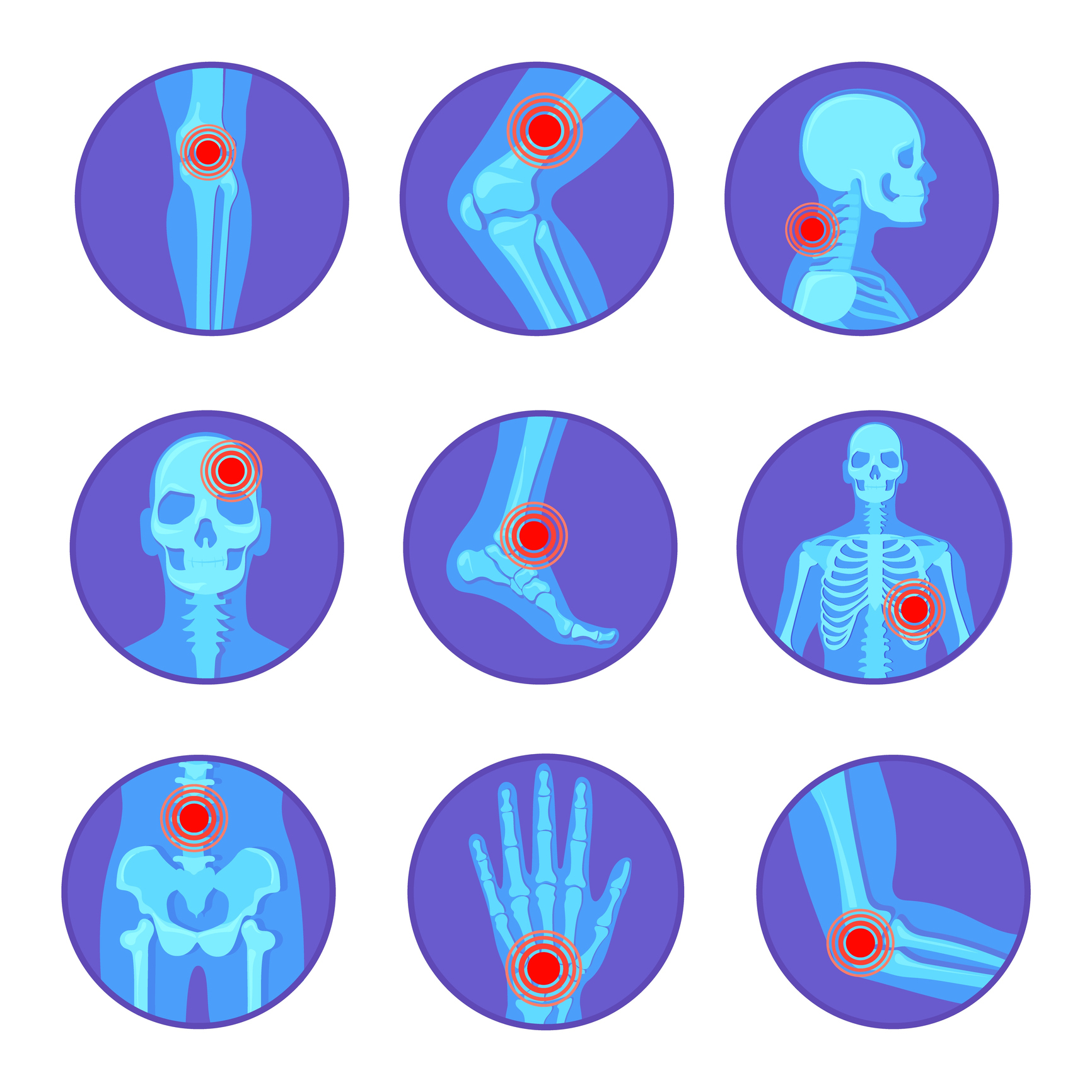Comparing treatment effectiveness over time in observational settings is hampered by several major threats, among them confounding and attrition bias.
To develop European Alliance of Associations for Rheumatology (EULAR) points to consider (PtC) when analysing and reporting comparative effectiveness research using observational data in rheumatology.
The PtC were developed using a three-step process according to the EULAR Standard Operating Procedures. Based on a systematic review of methods currently used in comparative effectiveness studies, the PtC were formulated through two in-person meetings of a multidisciplinary task force and a two-round online Delphi, using expert opinion and a simulation study. Finally, feedback from a larger audience was used to refine the PtC. Mean levels of agreement among the task force were calculated.
Three overarching principles and 10 PtC were formulated, addressing, in particular, potential biases relating to attrition or confounding by indication. Building on Strengthening the Reporting of Observational Studies in Epidemiology guidelines, these PtC insist on the definition of the baseline for analysis and treatment effectiveness. They also focus on the reasons for stopping treatment as an important consideration when assessing effectiveness. Finally, the PtC recommend providing key information on missingness patterns.
To improve the reliability of an increasing number of real-world comparative effectiveness studies in rheumatology, special attention is required to reduce potential biases. Adherence to clear recommendations for the analysis and reporting of observational comparative effectiveness studies will improve the trustworthiness of their results.
© Author(s) (or their employer(s)) 2022. No commercial re-use. See rights and permissions. Published by BMJ.
EULAR points to consider when analysing and reporting comparative effectiveness research using observational data in rheumatology.


